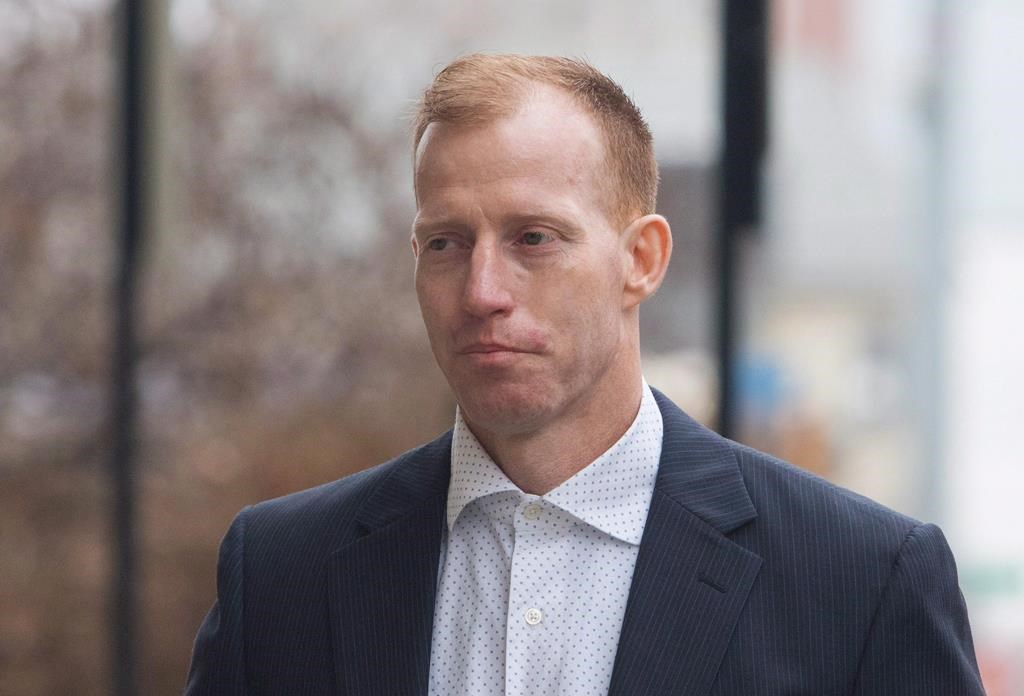
The convicted killer of an elderly Alberta couple who went missing in 2010 and whose bodies were never found was denied day parole on Thursday.
In its decision, a parole board in Abbotsford, B.C, found Travis Vader remained at high risk for future violence, and that he has yet to demonstrate a reduction in risk.
His parole officer, who did not recommend day parole, said in prison Vader struggles with regulating his emotions, is disrespectful with staff, and is prone to outbursts.
The parole board said Vader did benefit from certain programs while in custody, but to the extent that he can consistently manage his risk, particularly related to emotional regulation.
Vader was convicted of manslaughter in the murder of Alberta seniors Lyle and Marie McCann. He maintained his innocence during Thursday’s parole hearing.
The parole board established Vader was entitled to hold his position of “denial of accountability and responsibility,” that it was not a prerequisite to be granted parole.
“But it certainly would lessen the harm your actions caused,” the board said.
The McCanns, both in their 70s, vanished after leaving their home in St. Albert, a bedroom community north of Edmonton, in July 2010.
Their burned-out motorhome and a vehicle they had been towing were discovered days later west of the city, but their bodies have never been found.
Justice Denny Thomas convicted Vader in 2016 of second-degree murder but later substituted the verdict with manslaughter, because he had mistakenly used an outdated section of the Criminal Code.
Speaking from his home in Australia, Brett McCann told CityNews Wednesday his parents’ killer should not be let out of prison because he never confessed to the murders, and has never revealed the location of the McCanns’ remains.
“The one individual who knows what happened to my parents and where my parents’ remains are has said nothing,” Brett McCann said. “Vader must reveal what he did with my parents remains.”
While listing a number of factors in his favour, the parole board found Vader has benefited greatly from working with Indigenous Elders. Vader, who is Métis, opted for an Elders-assisted parole hearing. Elders supporting him say he has been spiritually working through childhood trauma and has reconnected with drumming and ceremonial sweats.